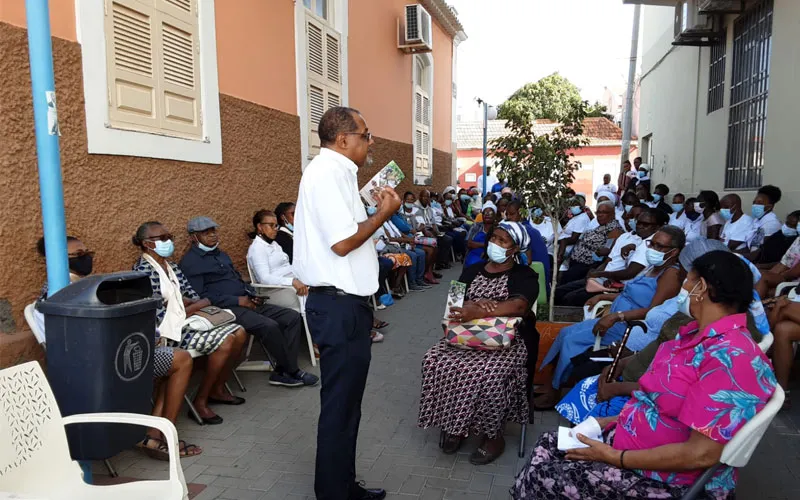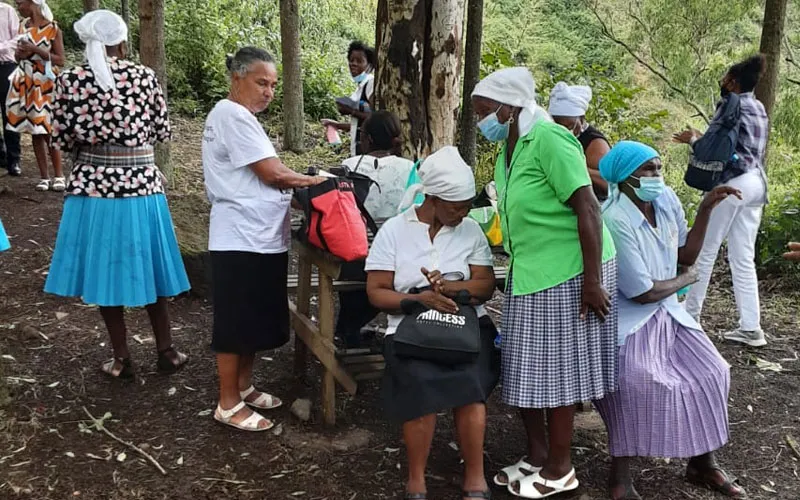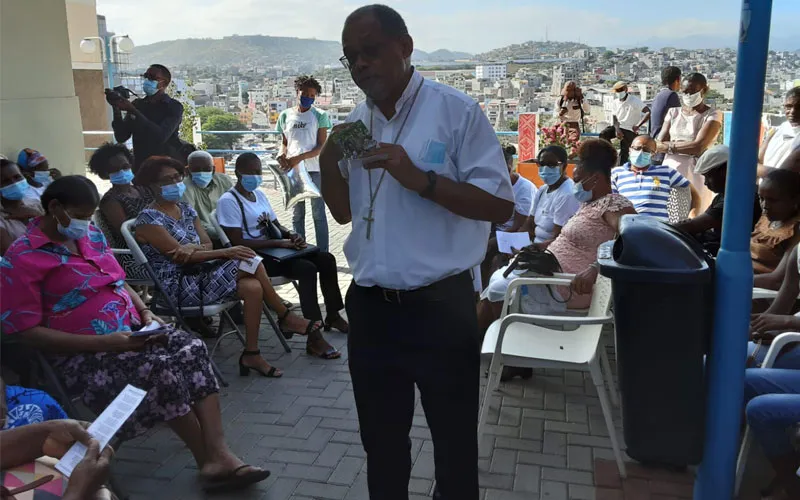Santiago, 03 April, 2022 / 9:15 pm (ACI Africa).
The Catholic Church in Cape Verde, through her charity arm, Caritas Caboverdiana, is reaching out to persons “in more vulnerable situations” amid drought and the effects of COVID-19, an official has told ACI Africa in an interview.
In the Thursday, March 31 interview, the Coordinator of Caritas Cape Verde said the ongoing assistance is being implemented through “solidarity programs and projects”.
“Caritas has embarked with the implementation of solidarity programs and projects for families experiencing difficulties,” Marina Almeida said, adding that the initiatives have been occasioned by “acute food insecurity caused by cyclical droughts in recent years” as well as COVID-19 effects.
Ms. Almeida traced the help to the solidarity of the people of God in the archipelago and island country in the central Atlantic Ocean. She said, “We launched a nationwide campaign due to COVID-19 lockdowns.”
“We started by sensitizing the community itself to share what it had with those who were in more vulnerable situations,” she further said, and added, “Of late Caritas Caboverdiana has introduced various programs and projects to help those affected by severe drought and the COVID-19 pandemic.”




 Credit: Caritas Caboverdiana
Credit: Caritas Caboverdiana
 Credit: Caritas Caboverdiana
Credit: Caritas Caboverdiana


